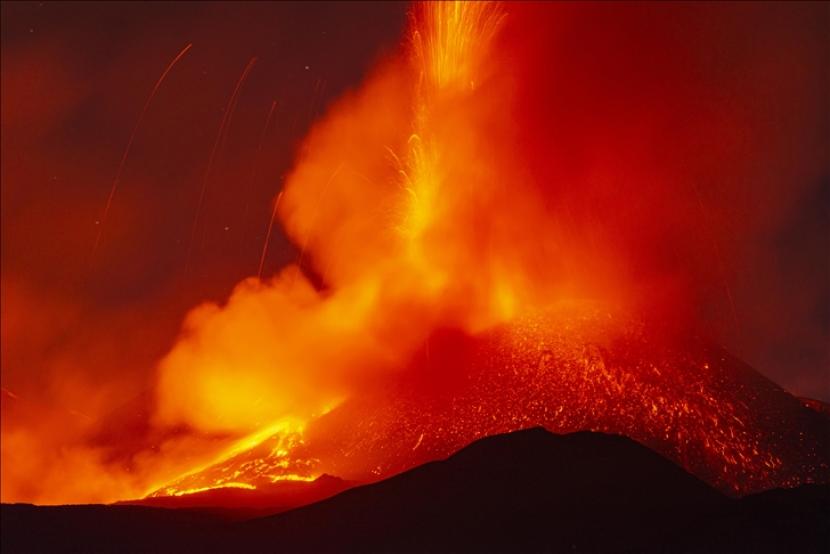Status: 25.05.2021 8:45 a.m.
–
–
–
A police operation in a favela killed 27 people – the deadliest in the history of Rio de Janeiro to date. Human rights activists criticize the harshness, the police are opposed to coming to terms with it.
By Matthias Ebert,
ARD-Studio Rio de Janeiro
–
–
–
Joel Luiz Costa stands with the megaphone in hand in the pink carnival arena of the Jacarezinho favela. The lawyer is anything but in a good mood: with a gloomy face, he explains to a crowd how the funeral march to the police headquarters should go ahead. In front of him are more than a hundred Jacarezinho residents who came together spontaneously. Because the day before – only a few hundred meters away from this place – the deadliest police operation in the history of Rio de Janeiro had occurred.
–
Matthias Ebert
ARD-Studio Rio de Janeiro
–
–
–
–
–
On the morning of May 6, the plainclothes police in Rio had entered the jumble of houses in the slums with helicopters and armored vehicles from adjacent railroad tracks. There are young drug gangs who are used to defending their neighborhood with machine guns against rival gangs or security forces. A police officer was shot that morning. The officers then marched into the neighborhood with full force.
Then a picture of horror emerged: puddles of blood in children’s rooms in the favela, where gangsters were shot by the police. Corpses lay in the narrow streets. Commuters had been grazed by shots in passing regional trains. “The police subsequently changed the locations of the shooting, corpses were moved, making the investigation more difficult,” complains lawyer Luiz Costa.
Attack on the most powerful drug gang in town
Almost all of the dead had previous convictions. Many apparently belonged to the “Red Command” – the largest drug gang in Rio that Jacarezinho has ruled for a long time.
The relatives demand that human rights should also apply to criminals. You are making grave allegations against the police. Danielle do Nascimento, the wife of one killed, explains this ARD-Studio Rio de Janeirothat a neighbor assured her that – after Danielle’s husband was shot – he was still alive. He wanted to surrender, but the police shot him. Shortly thereafter, Danielle must tearfully identify the body of her husband.
The police in the Jacarezinho favela were heavily armed – in the end 27 people were dead.
Bild: AP
–
–
Serious allegations
Flavia Luciana stayed in her house during the shooting when another drug dealer who was shot tried to hide with her. He was bleeding. “Then the police rushed into my house,” says Luciana, “and while I stood protectively in front of my little children, they shot the boy in front of our eyes.”
The police are now massively criticized. The attack was too hard. That is why the public prosecutor’s office ordered parallel investigations – independent of the police. An unusual step. Human rights activists, Brazil’s bar association and victim lawyers see evidence of arbitrary executions by the police. Especially since the Supreme Court of Brazil had actually banned police raids like this for the time of the pandemic since June 2020.
The residents of the Jacarezinho favela demand an answer – and many of Rio’s citizens share their horror.
Image: Matthias Ebert
–
–
Police do not recognize mistakes
Operations manager Rodrigo Oliveira justifies himself: “If we carry out fewer raids, the gangsters become stronger. They then expand their sphere of influence.” From Oliveira’s point of view, there is nothing to criticize about this mission. Human rights activists see it differently. You have criticized the police violence in Rio de Janeiro for decades.
In the Favela Nova Brasília in 1994 and 1995, for example, similar brutal police operations had taken place. At that time, 26 residents were killed. Because the subsequent investigation did not produce any results, Brazil was punished by the Inter-American Court of Human Rights. There was also excessive police violence in the favelas Maré and Fallet in 2018 and 2019.
Justice – for everyone
Attorney Joel Luiz Costa hopes Rio’s chief prosecutor, Luciano Mattos, will quickly bring the investigation to a close. Because the families of criminals also deserve justice, he says.
Costa ran his megaphone in front of the blue entrance gate of the civil police in Rio, which led this operation – just a few hundred meters from Jacarezinho’s carnival arena.
With loud shouts, the families demand clarification and punishment for the officials. Whether this will happen is uncertain despite the great outrage. Costa has often seen similar investigations against police officers not being brought to a conclusion for years.
–


